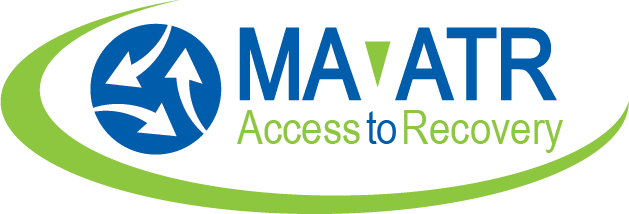Participant Confidentiality
42 CFR Part 2 Confidentiality of Substance Use Disorder Patient Records
The Massachusetts Department of Public Health/Bureau of Substance Addiction Services (DPH/BSAS), Advocates for Human Potential (AHP) and Access to Recovery (ATR) service providers take many steps to protect the privacy and security of the information collected about participants. The participant information collected as part of ATR is protected under federal law, 42 Code of Federal Regulations (CFR) Part 2, Confidentiality of Substance Use Disorder Patient Records, and by state law, and cannot be disclosed by DPH/BSAS, AHP and ATR service providers without participant consent.
The confidentiality of substance use disorder patient records maintained by an ATR service provider (“program”) is protected by federal law and regulations. Generally, the program may not say to a person outside the program that a participant attends the program, or disclose any information identifying a participant as a person that has a problem with alcohol or other drugs unless:
- The participant consents in writing; OR
- The disclosure is allowed by a court order; OR
- The disclosure is made to medical personnel in a medical emergency or to a qualified personnel for research, audit, or program evaluation; OR
- The participant commits or threatens to commit a crime either at the program or against any person who works for the program; OR
- The disclosure is made to report child abuse or neglect as required by state law.
Violation of the federal law and regulations by a program is a crime. Suspected violations may be reported to the United States Attorney in the district where the violation occurs.
See 42 U.S.C. Sec. 290dd-2 for federal law and 42 CFR Part 2 for federal regulations governing Confidentiality of Substance Use Disorder Patient Records.
Source: “The Fundamentals of 42 CFR Part 2: What is it? Why is it important?”, Legal Action Center (2018)
